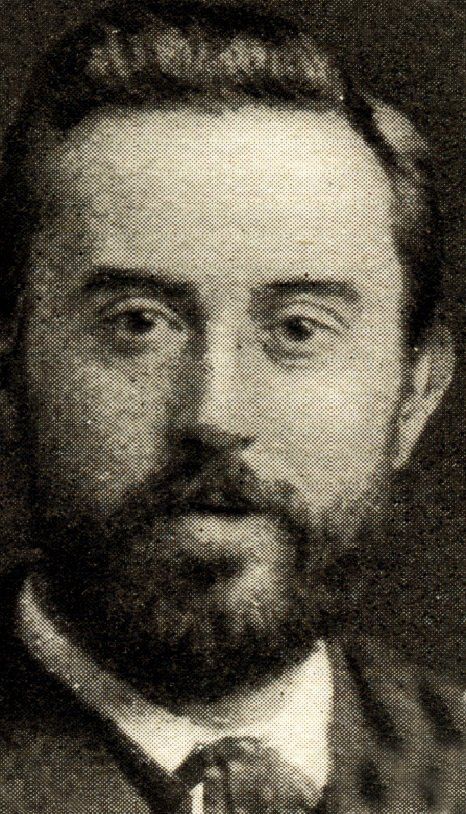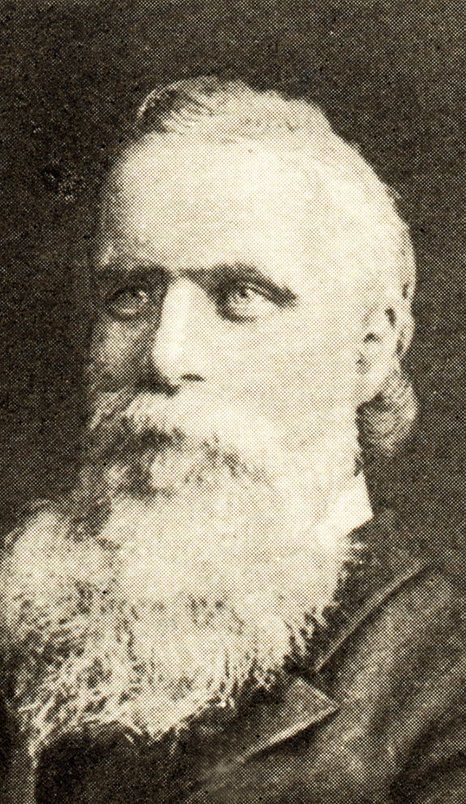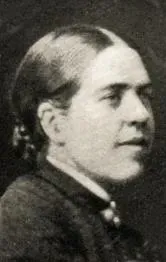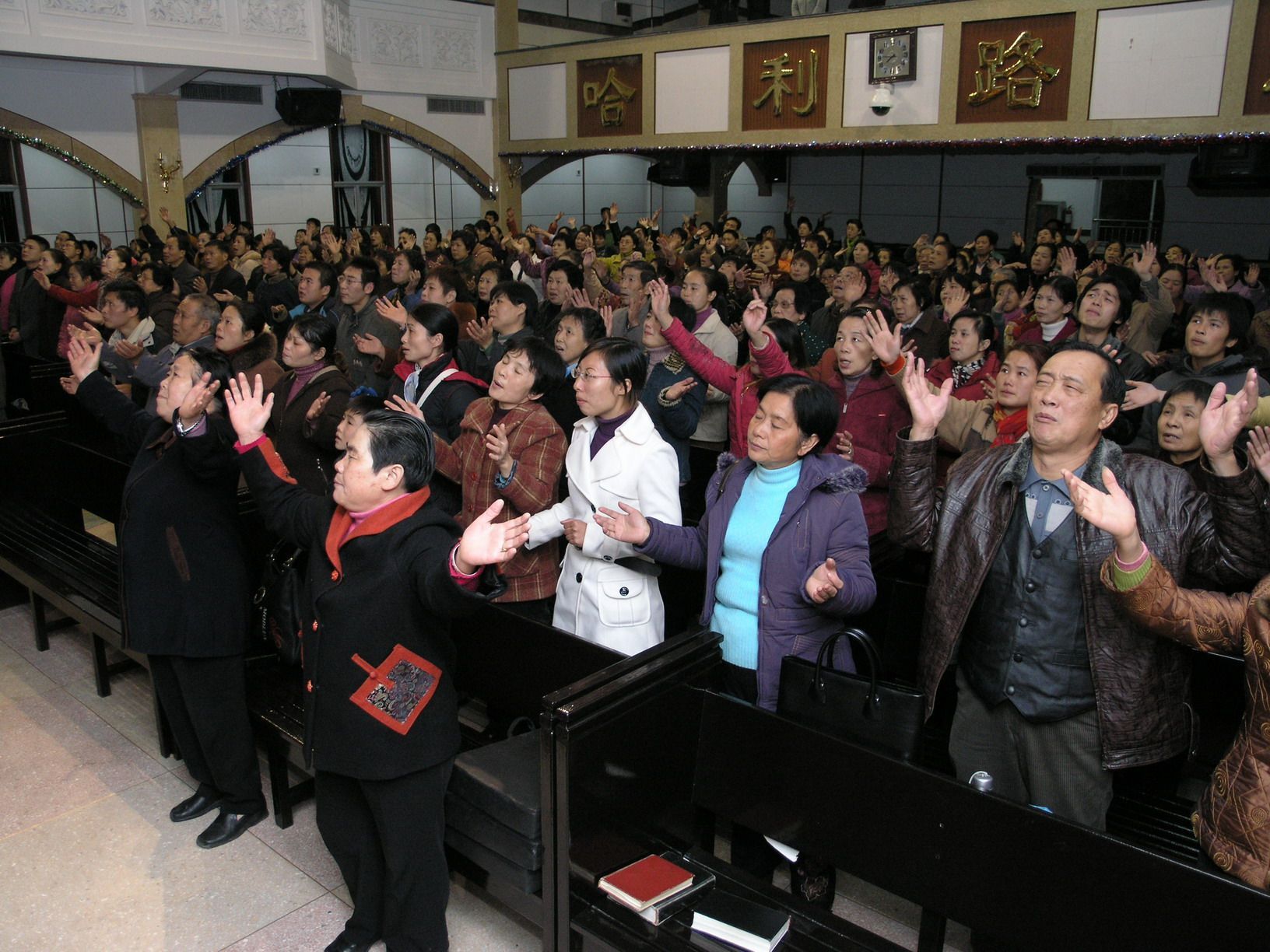1870s & 1880s
The First Evangelicals


James Broumton and Charles Judd—the first Evangelical missionaries in Guizhou.
Guizhou was one of the last provinces in China to open up to Evangelical Christianity. The call for workers was first made by the great missionary Hudson Taylor, who strongly advocated for the province. In one of the first magazines published by the CIM in 1875, Taylor gave this overview of Guizhou:
"The capital, near the center of the province, is the smallest provincial capital of the 18, the walls being only two miles round. The other chief towns are all of inferior note.... 'Miao' is used by the Chinese as a general term for all the dwellers of these mountains, but is not applied to every tribe by the people themselves. They consist of over 41 tribes in all.... They have little or no knowledge of the One true and living God even as revealed in nature, and they know nothing of Him as revealed in His Word, and in the person and work of the Lord Jesus Christ."
Eighteen months after Taylor's article, the honor of being the first Evangelical missionaries to set foot in Guizhou went to Englishmen Charles Judd and his brother-in-law James Broumton, who traveled together through Hunan Province before reaching Guiyang in 1877. Their journey was a perilous one, with the duo nearly perishing by both water and fire before reaching their destination. Judd recalled, "Our boat stuck severely on a rock and sprung a leak, which had we not at once discovered, would soon have let us down into the deep water."
Days later, the pioneers had to scramble down a burning mountainside. To escape the fire, they ran into a thicket of thorns and cut-grass, which tore Judd's hands open. Broumton, meanwhile, had become separated and was close to being engulfed by the intense flames surrounding him on every side. He wrote:
"The fire was fast gaining on us. Nothing but a change of wind was likely to save us. We looked to Him who alone rules the wind, and for a few moments it turned in the opposite direction. The fire was stayed, and we rushed by, feeling its burning heat as we passed. It was some little time before we could breathe freely, as we felt the narrowness of our escape. The Lord had preserved us."
At Huangping, Judd and Broumton encountered the Miao people for the first time. Judd remarked: "We were strongly impressed with the simple open-hearted character of these people. May the Lord of the harvest speedily send some of His laborers to work in that part of His vineyard. Should any brother missionary be inclined to make them the special objects of his labor of faith and love, I think that Guiyang would be an excellent place to commence from."
Upon finally reaching Guizhou's capital, the duo reported: "We preached several times to crowds on the streets, who bought our books and tracts with avidity. I do not remember once having the least incivility shown to us in the city, and scarcely anywhere in the whole province. Nowhere in China have I travelled with such ease, and the goodwill of the people. We had many opportunities to tell of the Savior's grace."
After helping his brother-in-law rent a house in Guiyang, Judd returned to Hunan, while Broumton soon found favor with the local officials in the capital. On his first Easter in the city, he decided to visit a local Catholic church, where he was astounded to find 1,600 communicants. The Catholics had already been deeply embedded in the province for more than a century, and Broumton felt it would take much effort and time to convince them "of the errors of the Church to which they belong."
In early 1878, after renting a building to use as a chapel, Broumton wrote:
"This chapel...will seat 50 or 60 persons. God grant that many souls would be born-again through the Word that shall be proclaimed in this humble little room.... Oh, how I long for more acquaintance with the language, so as to tell them more plainly of the grace of God that brings salvation.... Many of the people know something of the gospel, as there are a great number of Romanists. At least they know that there is one God, and a Savior Jesus Christ. God grant they may soon have a saving knowledge of the living God, and of Jesus Christ whom He has sent."
As the 1870s drew to a close, several Evangelical missionaries in other parts of China moved to Guizhou, encouraged by Braumton's success in gaining a foothold in the province. The new recruits included George Clarke, who proved to be a key instrument in bringing the gospel to the unreached minority groups of southwest China. Clarke's wife was the first foreign woman to live in Guizhou.
The First Converts

Jane Kidd, one of the first missionaries in Guizhou.
As a trickle of Evangelical missionaries established themselves in Guizhou, it wasn't long before the first local believers emerged. In December 1881, two women based in Guiyang, Charlotte Kerr and Jane Kidd, reported that a growing number of women and children had started attending their meetings, and that, "Three women appear thoroughly converted. Two of them are not yet baptized, but are longing to confess Christ in this way."
A small school was setup in the mission home, and before long 13 children from extremely poor families were attending as boarders. The chief lesson taught each day was God's salvation, and the Good News spread as students returned home and shared what they had learned with their families.
As the Holy Spirit moved, many students came under conviction for their sins. One day the oldest girl in the class refused to eat. When asked why, she replied that she was a terrible sinner and had lost her appetite.
The missionaries also established a clinic to help some of the many opium addicts in Guiyang. This work expanded quickly, and every man and woman who came for relief from the cursed drug was also presented with the gospel of salvation. In early 1882, Jane Kidd reported:
"One of our student's mothers spent several days here, and is cured of her opium smoking; she wishes to be baptized (as well as another woman), and I am sure she is sincere. The second woman, recently cured of opium smoking, comes very regularly for worship.... In the case of our Miao woman...twice lately I have been filled with wonder at her. She is such a sweet Christian.
If all at home who know about our working in this far-off province were to entreat God on behalf of the women of Guizhou, we should soon see a mighty gathering."
Pressing into the Kingdom
It appears Kidd's prayer request acted upon, for within months the influence of the mission greatly increased in Guiyang. The deliverance of opium addicts was the talk of the town, for people believed it was impossible to be set free from the drug. As a result, dozens of enquirers came to hear about Jesus. One evening, Kidd was sharing the gospel at her home, when the number of enquirers grew so large that
"About 100 women with children were inside, and more than that number were outside wishing to come in. As there were a number of men about, we dared not open our doors. They knocked very loudly and I feared they would break open the doors, but after asking help from God the men listened to persuasion and gradually went off. The women inside were prisoners for a time, and heard more of the glorious message than perhaps otherwise they would have done."
Another strategy employed by the missionaries was to attend crowded markets and festivals, where they set up stalls and sold gospel literature at cost price to those who desired to know the truth. The message of Christ's salvation began to spread throughout the province as the missionaries and local believers visited new towns and counties. In a one three-month period in 1882, evangelists "visited seven cities, and a large number of towns and villages...disposing of 1,940 gospels and portions of Scripture, 49 New Testaments, and about 1,000 Christian books and tracts."
Stalled Progress
The tiny missionary force in Guizhou was deeply saddened when the highly effective Jane Kidd unexpectedly passed away in 1885, just four years after arriving in the province. Her absence was sorely felt, and the CIM work took a sudden turn to the worse, with just three baptisms recorded throughout the entire province in 1887, among a total number of only 25 church members.
Although many people flocked to the chapels to hear the preaching of the gospel, few were willing to renounce their sins and dedicate their lives to Jesus Christ. Many of those who had taken the step of faith and been baptized had gradually fallen back into sin, and the Church was consequently struggling to make headway. One missionary lamented:
"Christian life has been at a very low ebb here the last two or three months. Some of the members have permitted the devil to get a hold of their hearts, and have apparently yielded to his temptations in many things, and there has been far from a spirit of brotherly love. Satan knows very well that a divided church is useless and a disgrace to God; it cannot work, and hinders many precious souls from entering the kingdom.... Much prayer is needed that the light from the Church of God may be kept pure."
In 1889, after 11 years of work in Guizhou, the CIM boasted just 37 believers in Guiyang and four in Anshun. The remainder of the large province had failed to yield a single church member for the disillusioned missionaries.
By contrast, the Catholic work had experienced startling growth throughout Guizhou, with their membership leaping from 5,000 in 1886 to 16,900 believers in 73 churches in 1890.
By the end of the 1880s the Evangelical enterprise in Guizhou had largely stalled, and both the missionaries and local believers wondered if there was any way forward. Few could have imagined that in the not-too-distant future, the living God would perform such an extraordinary work that thousands of people throughout the province would be forcing their way into the kingdom of God with joyful exuberance.
© This article is an extract from Paul Hattaway's book 'Guizhou: The Precious Province'. You can order this or any of The China Chronicles books and e-books from our online bookstore.





